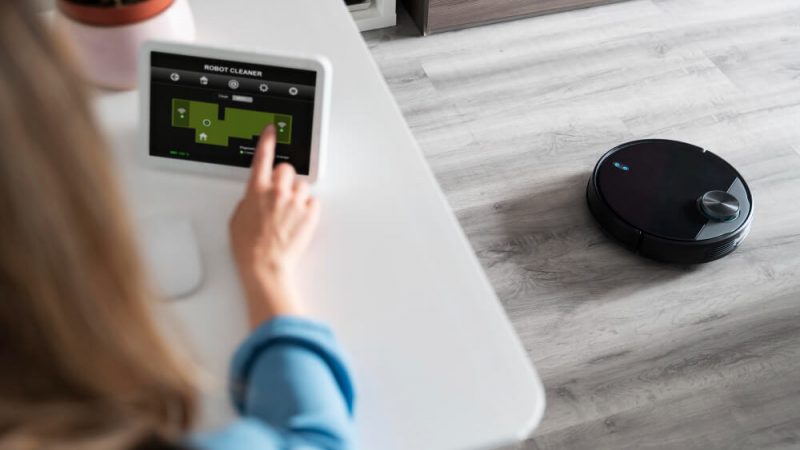The Five Advantages of SSDs Over HDDs

If you’re in the market for a new computer, you might be wondering what kind of storage device to get. Should you get a traditional hard disk drive (HDD) or a solid state drive (SSD)? Both have their pros and cons, but in general, SSDs are superior to HDDs in a number of ways. Here are five reasons why you should consider getting an SSD for your next computer.
Faster Boot Times
One of the most noticeable advantages of SSDs over HDDs is that they boot up much faster. This is because SSDs have no moving parts, which means that they can access data much faster than HDDs. For example, while a typical HDD might take around 30 seconds to boot up, an SSD can do it in as little as 10 seconds. This reduction in boot time can be significant for users who want to be able to access their data as quickly as possible. In addition, SSDs are also more resistant to physical shock, which makes them less likely to be damaged if dropped. As a result, SSDs are becoming increasingly popular for use in laptops and other portable devices.
Higher Data Transfer Speeds
One of the main benefits of solid state drives (SSDs) over traditional hard disk drives (HDDs) is that they have much higher data transfer speeds. SSDs use a technology called NAND flash memory, which allows them to read and write data much faster than HDDs. This is due to the fact that HDDs require physical contact between the read/write head and the spinning disk in order to work, while SSDs do not have any moving parts. This means that SSDs can access data much faster than HDDs, which is a major advantage when it comes to using them in computers.
More Durable
Along with being much faster than HDDs, SSDs are also more durable. This is because they have no moving parts, which means that they’re less likely to be damaged by things like vibrations and shock. If you’re worried about your storage device being damaged during transport, then an SSD is definitely the way to go.
Lower Power Consumption
For most of us, the decision to buy an SSD or HDD comes down to cost and capacity. However, there are some other factors that are worth considering, such as power consumption. On average, an SSD uses about 2 watts of power, while an HDD uses around 6 watts. This difference may not seem like much, but it can add up over time. In addition, SSDs tend to generate less heat than HDDs, which means that your computer will stay cooler and use less energy overall. For both your wallet and the environment, SSDs are a more efficient option.
Silent Operation
Storage devices are an essential part of any computer, but they can be a source of noise. HDDs make a fair bit of noise because of their spinning disks, whereas SSDs make virtually no noise at all. So, if you’re looking for a storage device that won’t add any extra noise to your computer’s operation, then an SSD is the way to go. If you’re looking for the best possible storage solution for your computer, then SSDs are definitely the way to go.
Conclusion
HDDs have been the standard storage device for computers for many years now, but SDDs are quickly gaining popularity due to their numerous advantages over HDDs. If you’re looking for a new storage device for your computer, be sure to consider the benefits of an SDD before making your decision!
Read More: Letsgather



